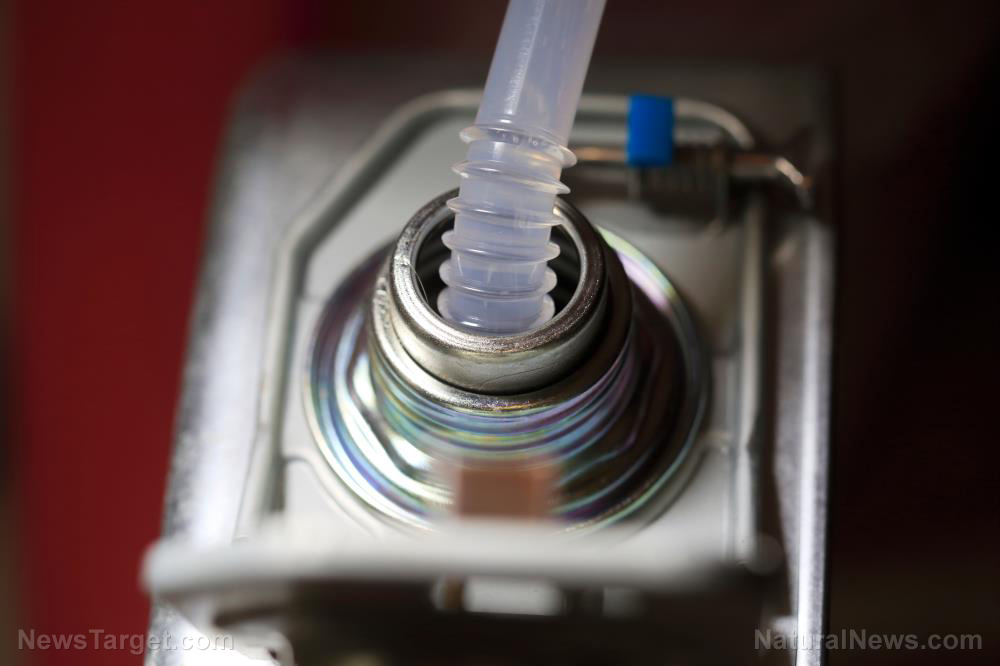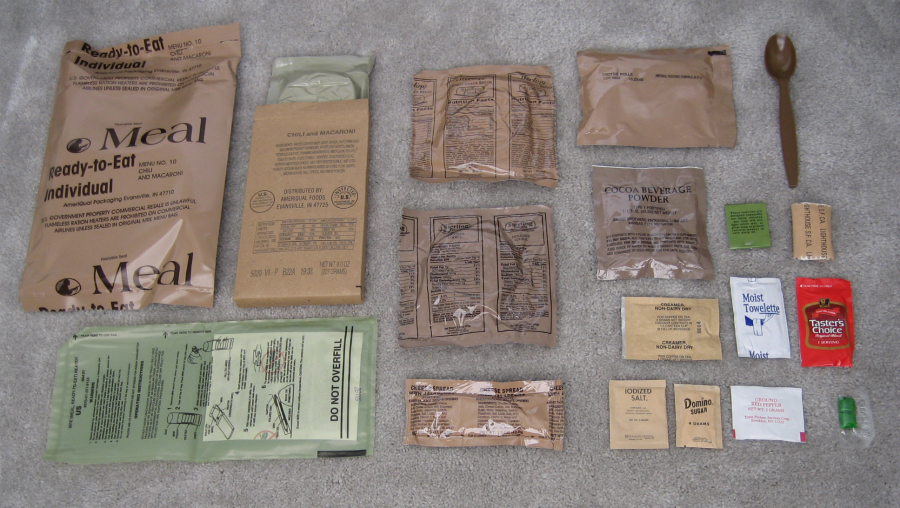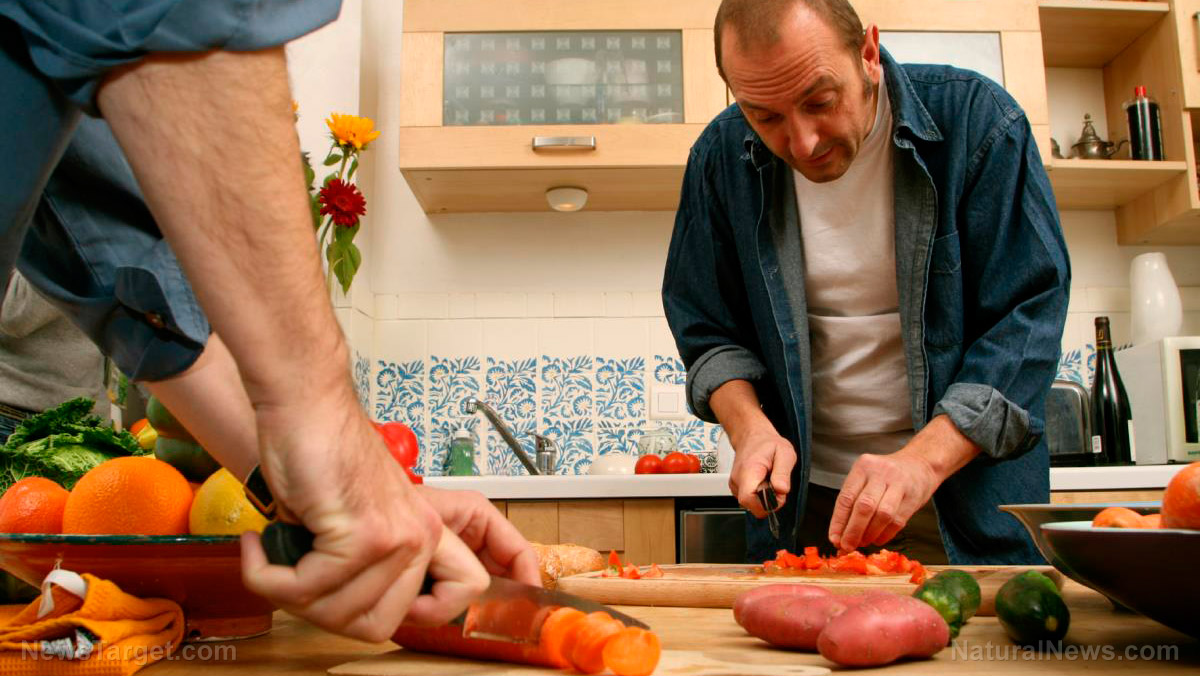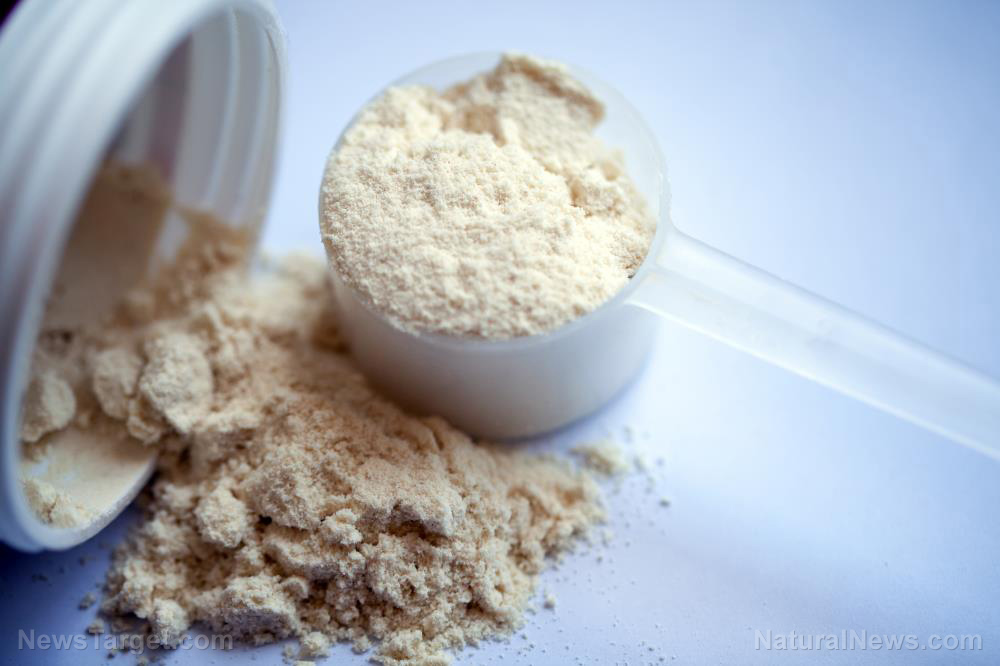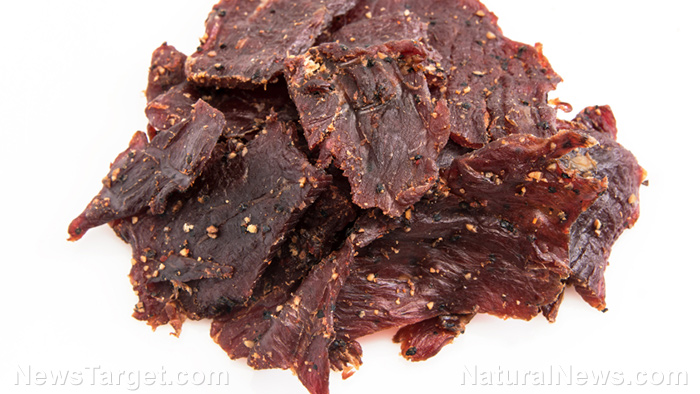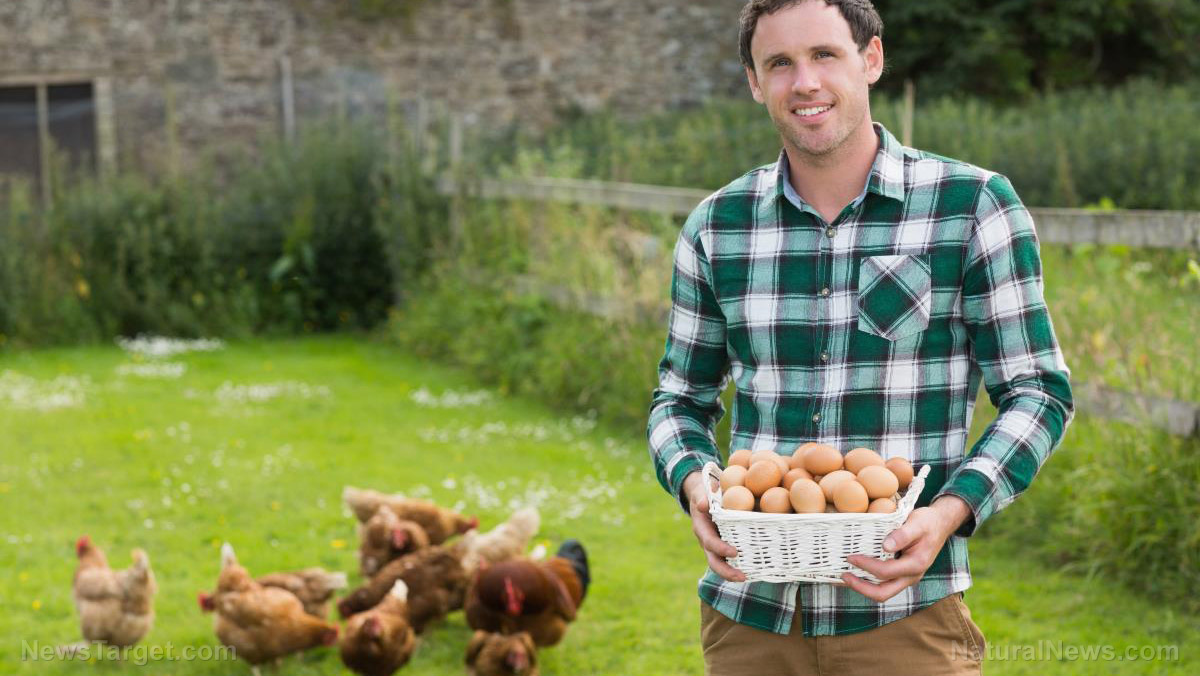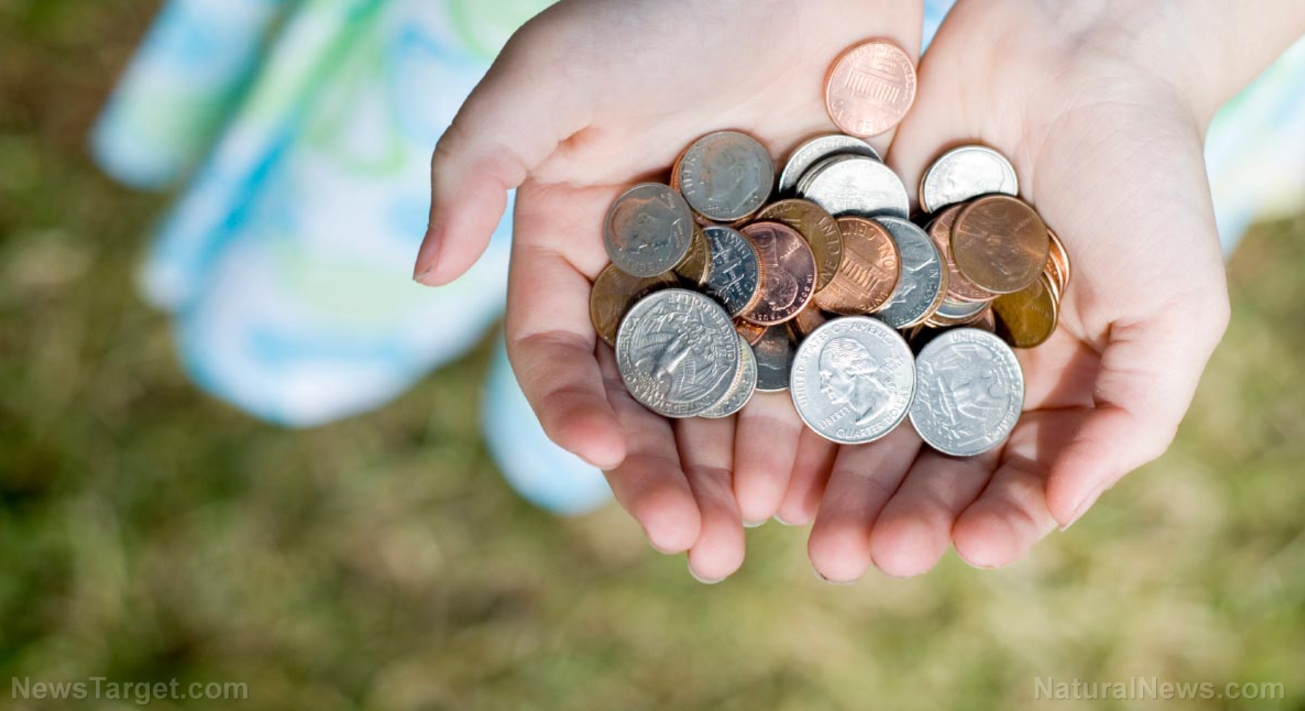10 Homesteading tips and tricks for the all-around homesteader
11/12/2021 / By Divina Ramirez
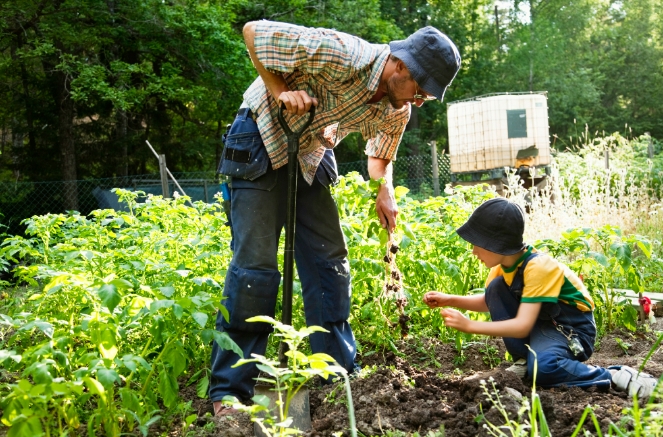
Homesteading is a great way to live a more sustainable lifestyle. But the idea of running a homestead may feel overwhelming if you’re new to homesteading. There’s simply so much to consider and so much to do that beginners run the risk of making mistakes that can make homesteading unnecessarily harder than it should be.
On that note, here are 10 useful tips and tricks for running a homestead (h/t to TheHomesteadingHippy.com)
1. Start small
Many beginner homesteaders make the mistake of trying to do many projects at once. Start small and set realistic goals instead of overwhelming yourself with several large projects. For instance, try growing your own food first before raising backyard chickens and other animals.
Set one or two goals each year that you’d like to pursue to improve your homestead, then go from there.
2. Be flexible
There are no hard and fast rules for homesteading, so you have to be flexible. Things can easily go wrong, even within established homesteads. You won’t have control over everything in your homestead, and that is perfectly alright. If an unexpected issue occurs, take a deep breath and find a way around it. Remember that life in a homestead is nowhere near as stressful as life in a bustling city.
3. Learn to DIY
You can save a lot of money by making things yourself instead of buying ready-made ones. This is why most, if not all homesteaders make their own beehives, chicken nests, feeders, garden boxes and other equipment they need in their homestead.
4. Be resourceful
The ability to make things yourself goes hand in hand with being resourceful. A true homesteader won’t run to the hardware store or the supermarket whenever he or she needs something. That would just defeat the purpose of living in a homestead in the first place.
For example, if you need a utility knife while you’re out tending to your plants, you don’t have to go all the way home to fetch one. You can improvise one by sharpening a rock.
5. Keep tools clean
Tools allow you to build your homestead from the ground up and take care of nearly every chore there is to do. Therefore, it’s important to keep them clean after each use and store them properly in a clean, dry shed.
6. Reuse kitchen scraps
Reusing fruit peels, used coffee grounds and other kitchen scraps is a great way to lessen your waste. Peels can be used to make compost for plants, while coffee grounds can be used to fertilize soil and repel pests. They can even be used to make body scrubs, candles and cleaning products.
7. Grow perennials
Don’t waste your time growing seasonal crops that only give you one harvest per year. Plant perennials instead.
Perennial plants provide pollen, nectar and seeds for birds and beneficial insects like bees. Some perennial plants also make great groundcovers and can reduce soil erosion. Naturally, the greatest advantage that perennial plants have is that they come back year after year. They grow back every year from roots that go dormant in the winter.
8. Grow a diverse selection of plants
A diverse garden means more fun and flavor for homesteaders. Certain plants also attract beneficial insects that either help control pests or help pollinate your crops. Meanwhile, some plants grow best when planted near certain crops. Do your research to figure out what works for your garden.
9. Save seeds
Save money by saving vegetable seeds from your garden produce to plant next year. By saving your own seeds, you lessen your reliance on garden stores for seeds to plant. You’ll also be forced to pay more attention to how your plants are growing because you’ll need healthy plants at the end of the season to harvest seeds from. (Related: Saving seeds is simple and easy: Basic tips and how-to wisdom.)
1o. Learn to preserve produce
If you want to grow your own food for the long haul, then you need to know how to preserve it. Make sure to have food even in the cold winter months when nothing grows under the snow by preserving fruits, vegetables and meat.
Canning, pickling and dehydrating are great ways to preserve meat and fresh produce.
For many beginner homesteaders, homesteading may be a hit-or-miss venture. But following tried-and-tested tips from seasoned homesteaders can help make things a lot easier.
Sources include:
Tagged Under: green living, home gardening, homesteading, off grid, preparedness, prepper, prepping, self sufficiency, self-reliance, survival, sustainable living, tips
RECENT NEWS & ARTICLES
Homesteading.News is a fact-based public education website published by Homesteading News Features, LLC.
All content copyright © 2018 by Homesteading News Features, LLC.
Contact Us with Tips or Corrections
All trademarks, registered trademarks and servicemarks mentioned on this site are the property of their respective owners.


